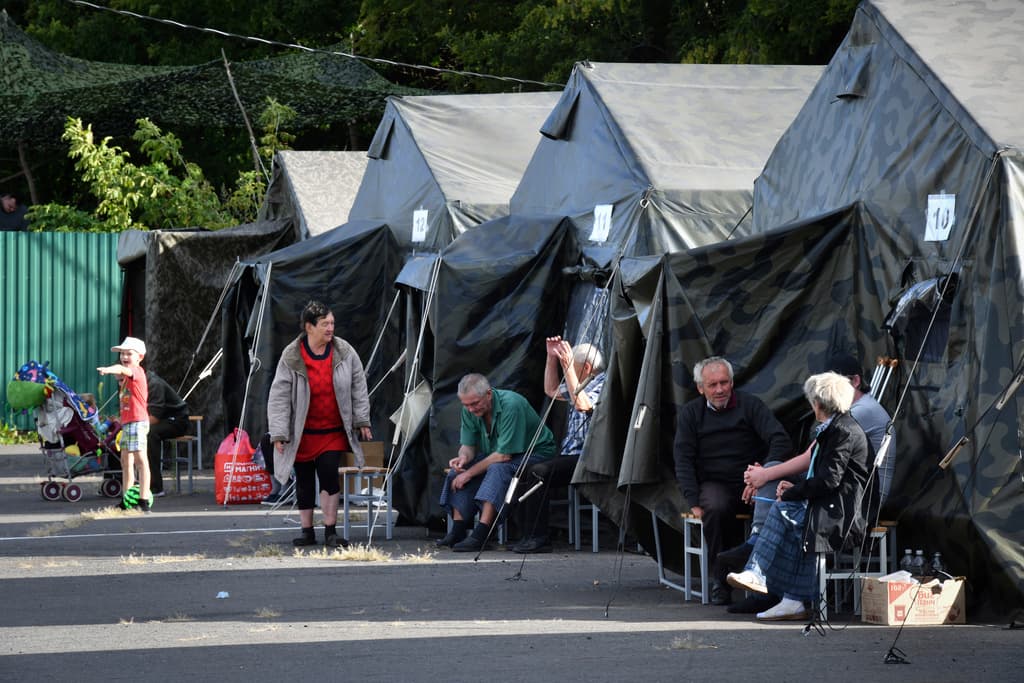At the same time as over 120,000 Russians in border regions to Ukraine are being evacuated after the neighboring country's surprise offensive, the country's president Vladimir Putin is visiting Azerbaijan and Chechnya and receiving the Palestinian president Mahmoud Abbas in Moscow.
It's not like there are constant crisis meetings where Putin really wants to describe the situation as serious. It's rather the opposite, says the long-time Russia expert Per Enerud, who works at the Agency for Psychological Defense.
"New normal"
Aside from accusations that Ukraine is trying to attack the nuclear power plant in Kursk, it's relatively quiet about what's going on in the border region, both directly from the Kremlin and in the state-controlled Russian media.
This is entirely in line with Putin's rhetoric, says Per Enerud.
They're working hard to downplay this.
Sources close to the Putin administration fear that the unrest could continue for several months, reports the Russian independent news site Meduza. At the same time, the Kremlin is feverishly working to make the battles in the Kursk region seem like something normal.
A source says to the news site that the phrase "the new normal" is necessary so that people don't think of what's happening as an exception, but as a new norm, albeit a temporary one.
Per Enerud agrees:
By describing it as normal, you kind of want to make it normal.
"Always under attack"
Putin has since he came to power described it as Russia always being under attack. It's the normal in the mythology he's built up, and the attack has been going on at all times, says Per Enerud, and continues:
And this attack is just a bit bigger some week and a bit smaller some other week.
Much of the reporting that takes place in Russian media deals with Ukrainian losses and how the Russians are striking back at Ukraine.
They describe their offensive as a desperate act of panic, says Per Enerud, and adds:
What's now happening in Kursk, they just mean is "ordinary terrorism".






